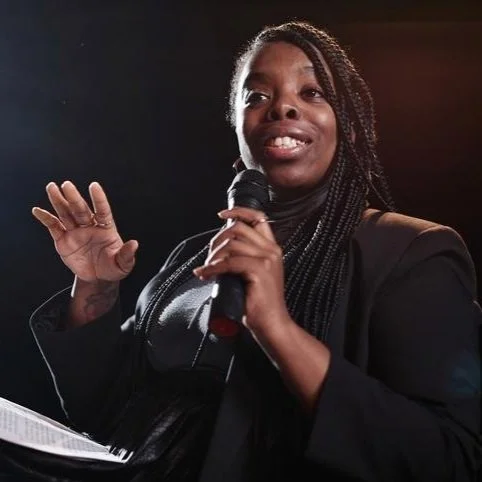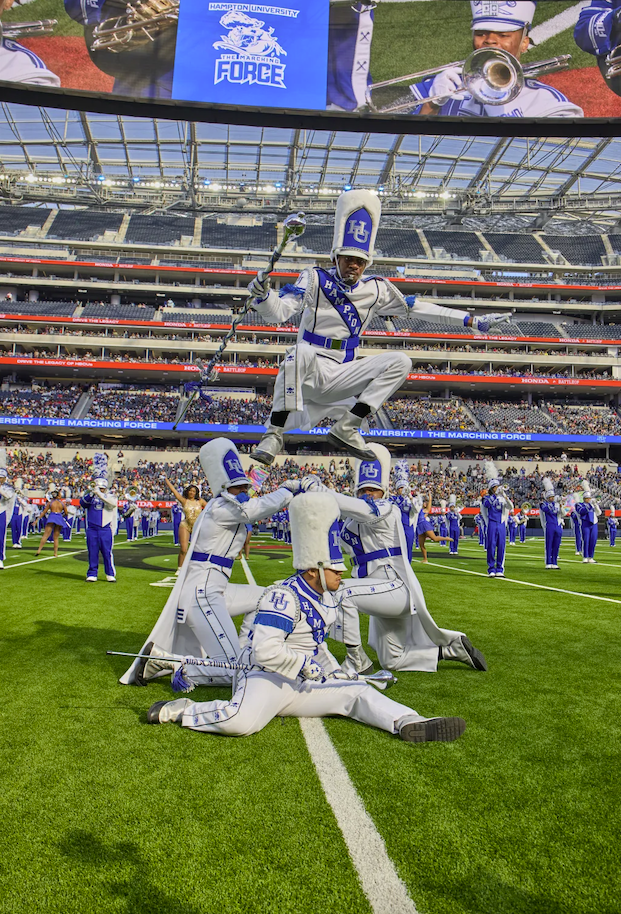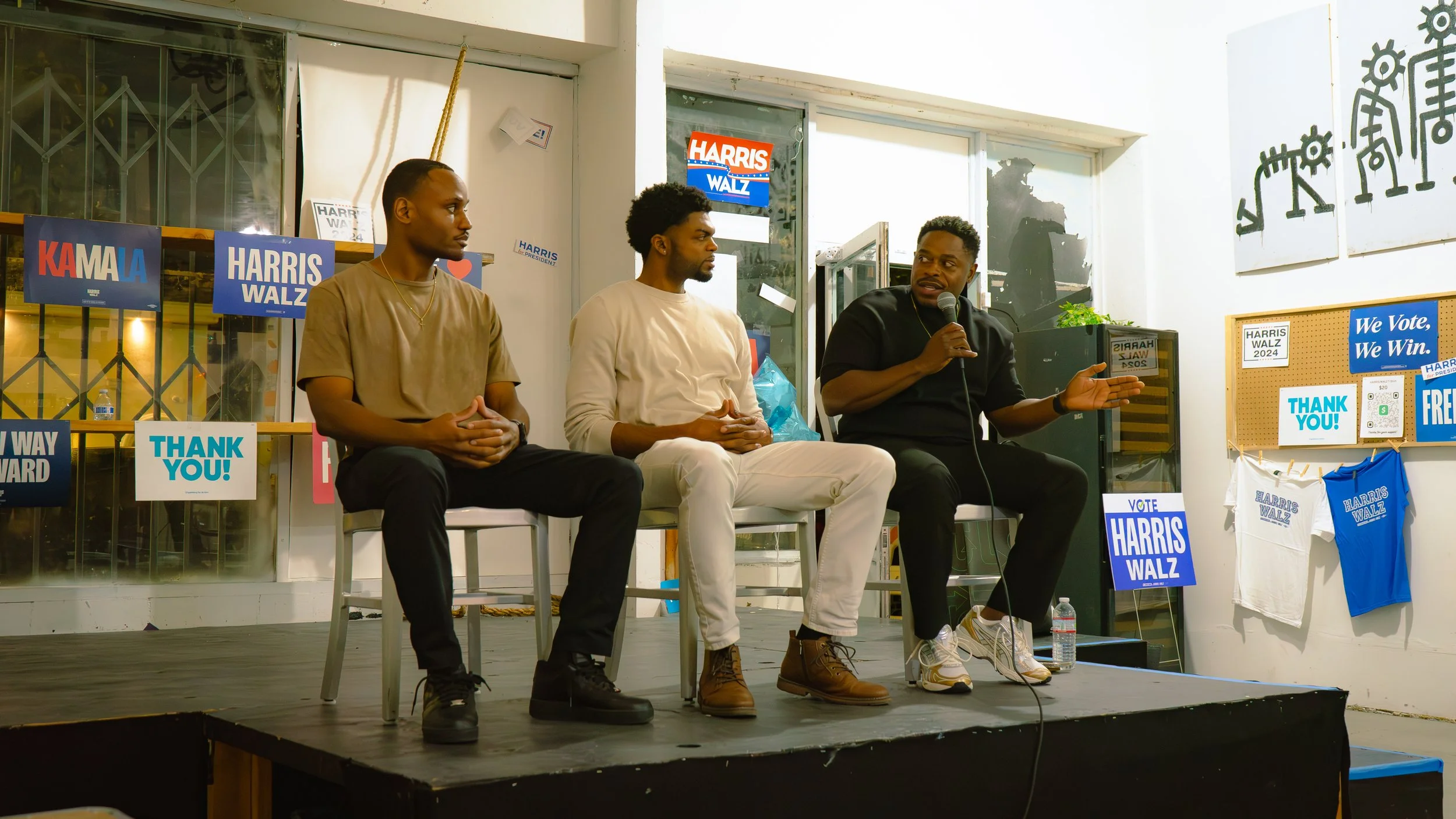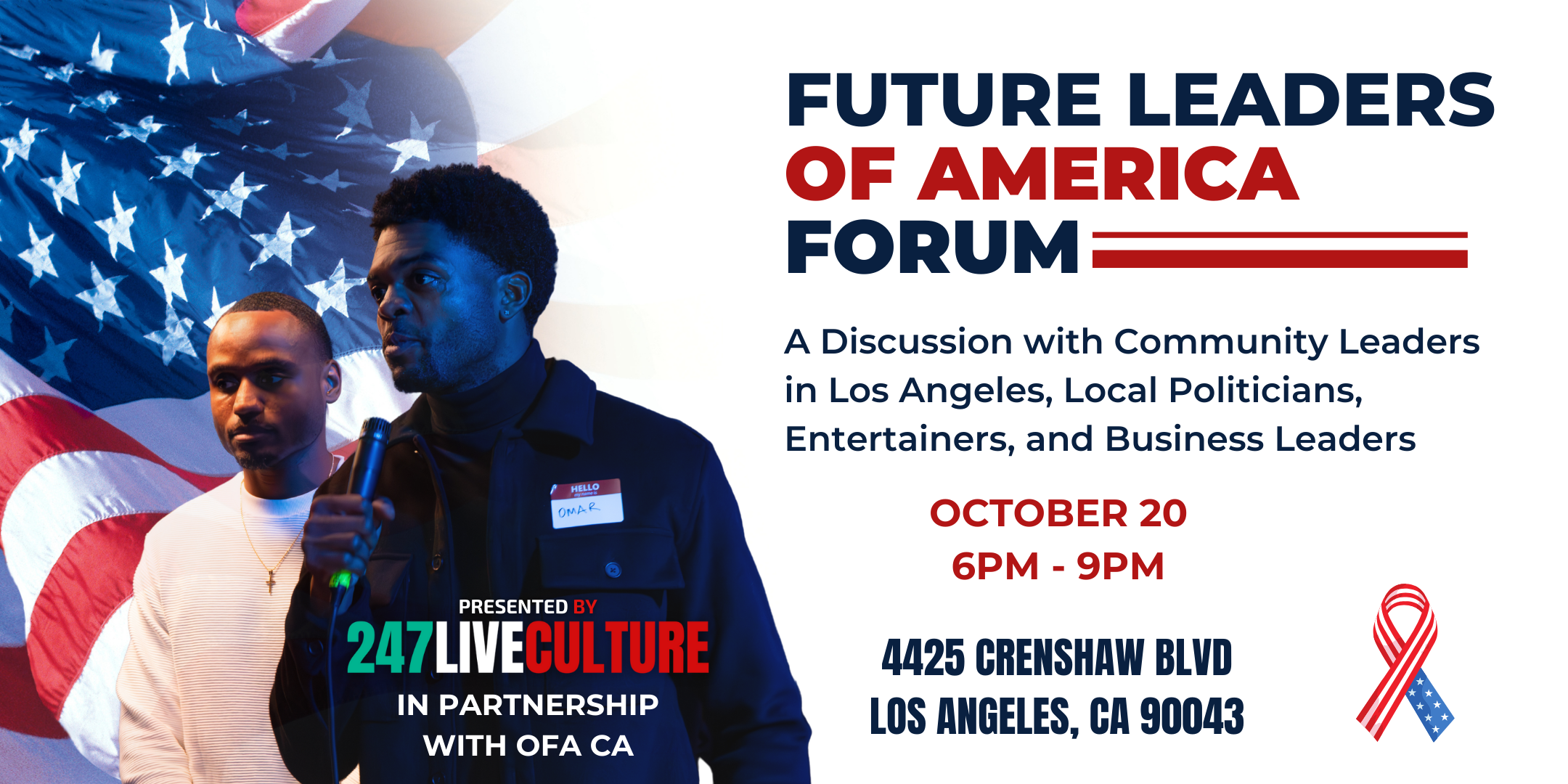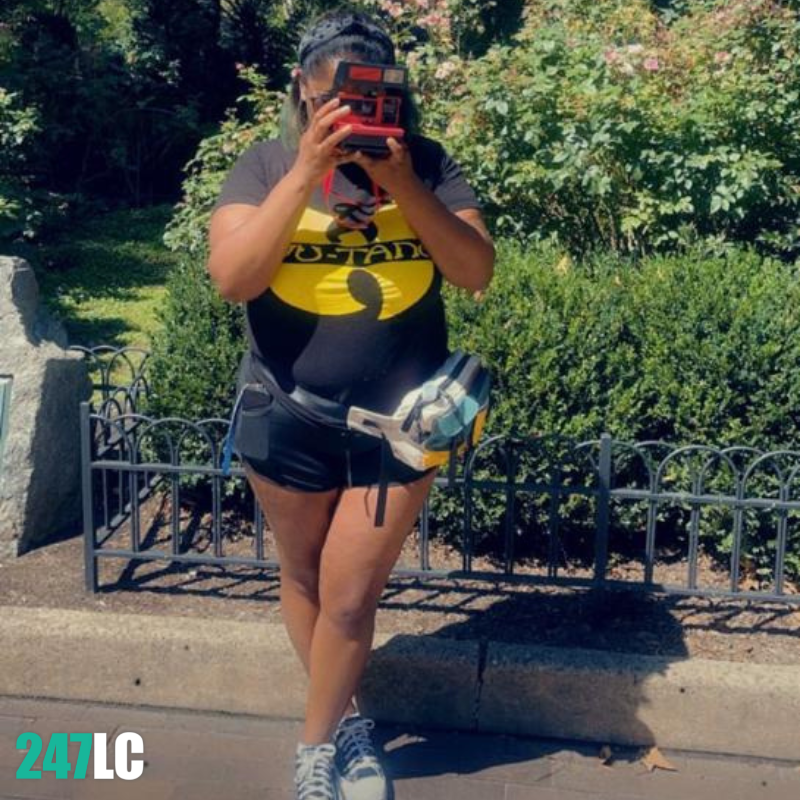Why Afrofuturism Is A Fierce Instrument Of Black Empowerment And Liberation
At the intersection of fantasy, technology, and Black liberation lies the thrilling idea of Afrofuturism, one of the most innovative tools used by Black innovators today to empower Black people. We discuss it here!
By: Cory Utsey
At the intersection of fantasy, technology, and Black liberation lies the thrilling idea of Afrofuturism.
Afrofuturism functions as a reimagining of what it means to be Black, as well as how this blackness might exist in the future, and it is one of the most innovative tools used by Black innovators to empower Black people.
The concept of Afrofuturism did not have a succinct name until 1994, when Mark Dery released an essay entitled “Black to the Future”. In this essay, he defined Afrofuturism as a form of speculative fiction, which is a broad genre of fiction that incorporates elements of fantasy and the supernatural. When these elements are combined with African-American centered themes and a technologically advanced future, Afrofuturism is born.
Even though this loose ideology did not always have a name, it has been contributed to by a number of Black artists, scholars, and activists over the years. Whether it was exemplified by means of science-fiction novels from author Octavia Butler, or the unique, mythical sounds from composer Sun Ra, Afrofuturism has allowed Black people to construct worlds in which oppression and white supremacy have no agency over Black bodies-- where the potential and possibilities of Black existence has no bounds.
One of the most well-known imaginings of Afrofuturism is found in the 2018 Marvel movie Black Panther, specifically in the country of Wakanda. The mere existence of Wakanda, an African nation untouched by colonization, already serves as an immaculate conceptualization of how any culture within the African diaspora might exist had it been left to thrive on its own. But when this is combined with advanced technology and the fusion of traditional African dress with cyber-gothic clothing, the pure essence of Afrofuturism is employed.
HBO’s Lovecraft Country, especially in the seventh episode “I Am”, also utilizes elements of Afrofuturism to drive the plot. Although the show does not eradicate racism and white supremacy, its emphasis on ancestral connection and self-realization are still important features for Black people to draw inspiration from.
Afrofuturism is also quite prominent in the music of many modern artists, with Janelle Monae being one of its best known proponents. Throughout her whole discography and its accompanying images, Monae cultivates a complex dystopia in which themes of female empowerment, sexual reclamation, and the re-possession of one’s power are framed as the gateways to liberation.
Solange’s visual album for “When I Get Home”, along with many of Chloe X Halle’s most recent videos and performances for “Ungodly Hour” are also known for their incorporation of futuristic dress and electronic sound.
Chloe x Halle - ‘Ungodly Hour’
Though some elements of Afrofuturism might seem intangible, the ideology empowers Black people to work towards a future full of tangible change. It breeds the conception of a society advanced by equity, lined with inclusivity, and void of oppression.
Afrofuturism inspires us to continue fighting. It breeds a sense of hope. And most of all, it enables us to shape our reality rather than let reality shape us.
YOU MAY ALSO BE INTERESTED IN:
SHARE TO SOCIAL MEDIA
Celebrating Black History | The Life of Political Activist Angela Davis
Angela Davis spent most of her life fighting against racism and prejudice! We discuss her legacy and impact here!
By: Kwana Adams
I didn’t learn a thing about Angela Davis until well into my college years, and she immediately became one of my favorite people. I learned about her during a time when I was learning more about activism and black history. I was angry and tired, and I wanted people to look up to. My knowledge of prominent black women in activism was and still is severely lacking, and it’s disappointing. However, if I want to learn black history, I’ve come to terms that I have to teach myself.
That has been my mission ever since learning about Angela Davis. She, too, thought that black women were not being represented enough in history. The school system only taught me so much then sent me on my way. I can remember the few names of prominent black men I learned about, but I can’t remember learning about a single black woman. Black men are usually the face of activism and civil rights, but women were right along with them, fighting just as hard and being brutalized and treated just as horribly for being black.
After being involved in a highly publicized murder case and her involvement in the Black Panther and an all-black Communist Party, Angela Davis became widely known. Most of her life was filled with racism and prejudice, so it’s no surprise that she became as radicalized as she did. As a child, she learned to live with the racial segregation that surrounded her, but she also learned that it would start with her and her generation if there were to be any change.
Birmingham, Alabama, where she was born, was a very infamous city for racial attacks, and it was hard for black people living there. Not only did she become an activist and influential political figure, but she is a fantastic author as well. A book by her is much more valuable to me than anything I learned as a student. She has so much more to offer me, as a black woman, than the school system has.
With the life that she lived and is still living, it comes as a shock that it wasn’t part of any curriculum. She was on the FBI’s most-wanted list; she was imprisoned for 18 months of her life, she saw her friends die from bombs, and most of all, she lived to tell the tale. When asked if she approved of the use of violence by the Black Panthers, this was her response:
“You ask me whether I approve of violence? That just doesn’t make any sense at all. Whether I approve of guns? I grew up in Birmingham, Alabama. Some very, very good friends of mine were killed by bombs- bombs that were planted by racists. I remember, from the time I was very small, the sounds of bombs exploding across the street and the house shaking… That’s why when someone asks me about violence, I find it incredible because it means the person asking that question has absolutely no idea what black people have gone through and experienced in this country from the time the first black person was kidnapped from the shores of Africa.”
I look up to Angela because she spent a lot of her life fighting and being knocked down, and she is still fighting. She is still working towards the future she’s been wanting to see since she began her fight. I love the drive and the determination, and the power she possesses. I’m embarrassed to admit I haven’t known her long, but I make up for it every day. It’s sad to say that her fight is not over, but we have come so far from where she started. Some progress is better than no progress, and I hope people don’t think the fight ends here because we aren’t going anywhere until we see results. Angela taught us.





